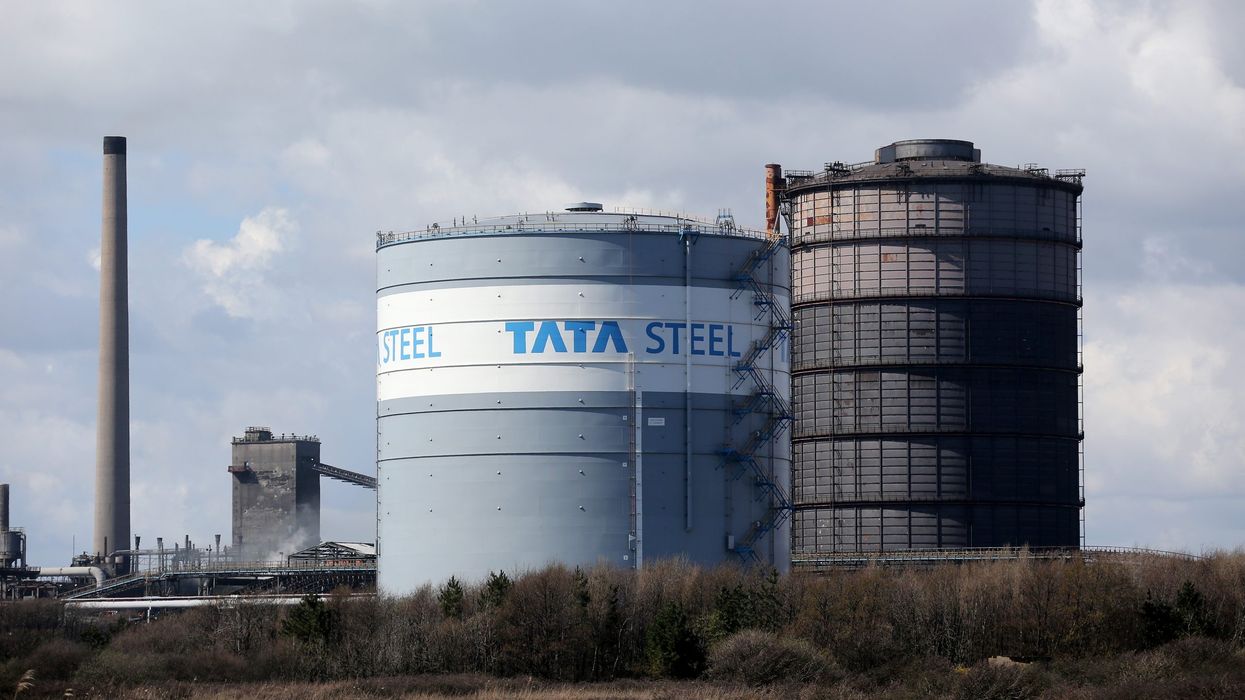Tata Steel UK chairman, Henrik Adam, has urged the UK government to provide subsidies to decarbonise the Port Talbot steelworks of the company.
He said that European competitors were receiving huge amounts from governments to transition to greener operations.
According to reports, ministers offered Tata £300 million for decarbonisation.
Port Talbot is home to Britain's biggest steelworks with two blast furnaces working around the clock to produce steel and allows the country to have a local and reliable source of steel production.
Its owners have committed to transforming the site and dramatically reducing its emissions due to pollution concerns.
"The only thing we are really asking for is a level playing field across our peers in Europe. We are in competition with European steel makers, and so we are not asking for a special deal," Adam was quoted as saying by the BBC Wales.
The blast furnaces at Port Talbot would require multi-million pound upgrades in the next few years as they are nearing the end of their lives.
One option is to replace them with electric arc furnaces powered by renewable energy, but it's costly and take years to build. Tata Steel UK wants the government to subsidise the cost of construction, and its future energy bills.
When asked whether the reported £300m was enough, Adam said, "Other nations are pouring billions of pounds into our competitors, and they give support with energy costs.
"That is something which we are considering with quite some, I would say, nervousness. Because if that is happening around us, it's difficult for us to be competitive."
According to him, with the long-term transformation of Port Talbot the jobs will change in the profile, there will be new jobs and other jobs.
Cheaper steel imports, particularly from China, have proved difficult for companies like Tata Steel.
The mission to decarbonise is a common one across the steel industry, according to theGreen Alliance.
"The Port Talbot site in south Wales is one of the largest individual sites in terms of greenhouse gas emissions in the UK, so there really is a significant impact from the steel industry," said Roz Bulleid from Green Alliance.
Bulleid called on steelmakers to commit more money and to hasten their decarbonisation process as demand from customers for cleaner steel is encouraging investment.
The independent think tank estimated turning off two of the UK's four blast furnaces would have the equivalent impact on emissions of removing 2.4 million petrol cars from the roads.





